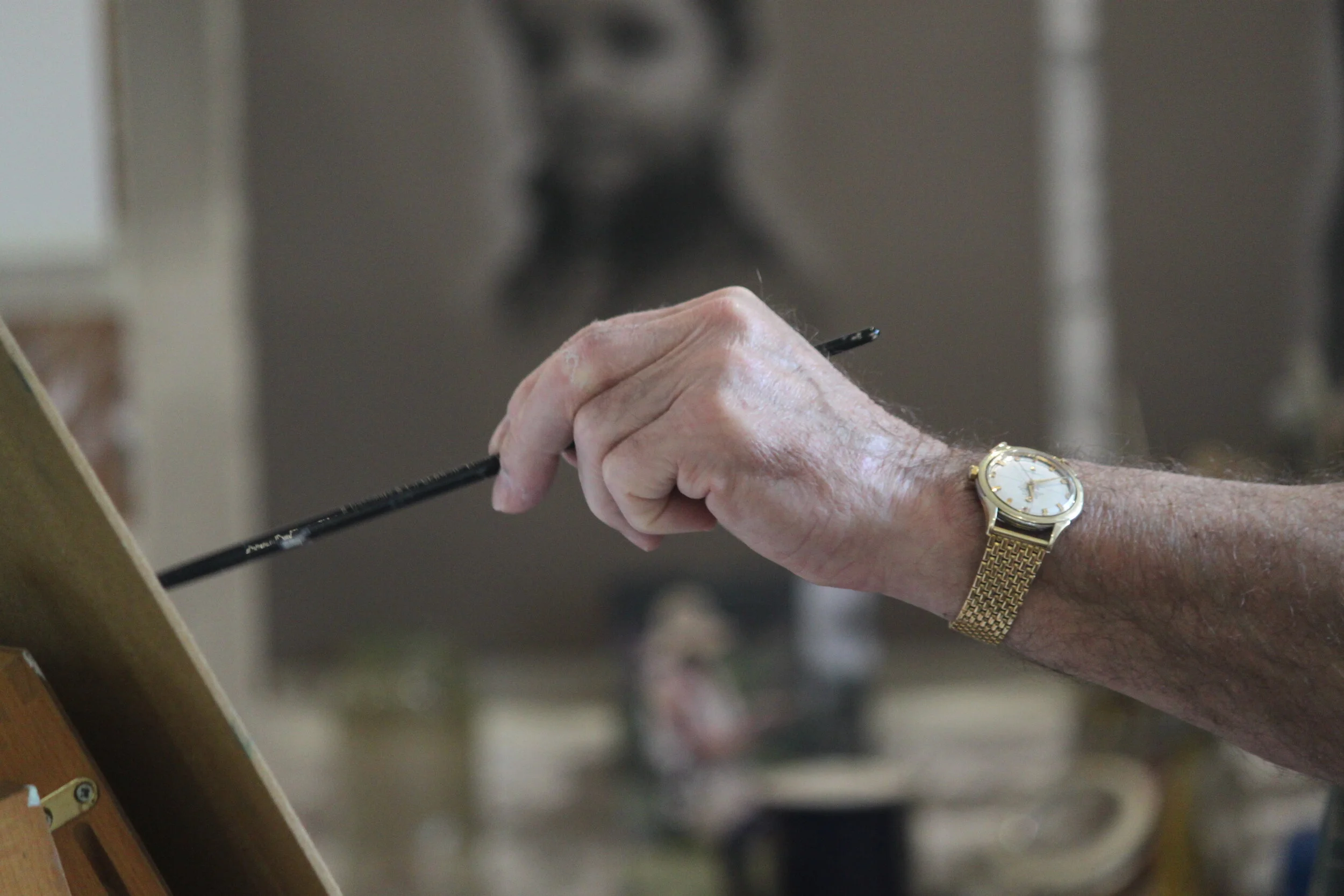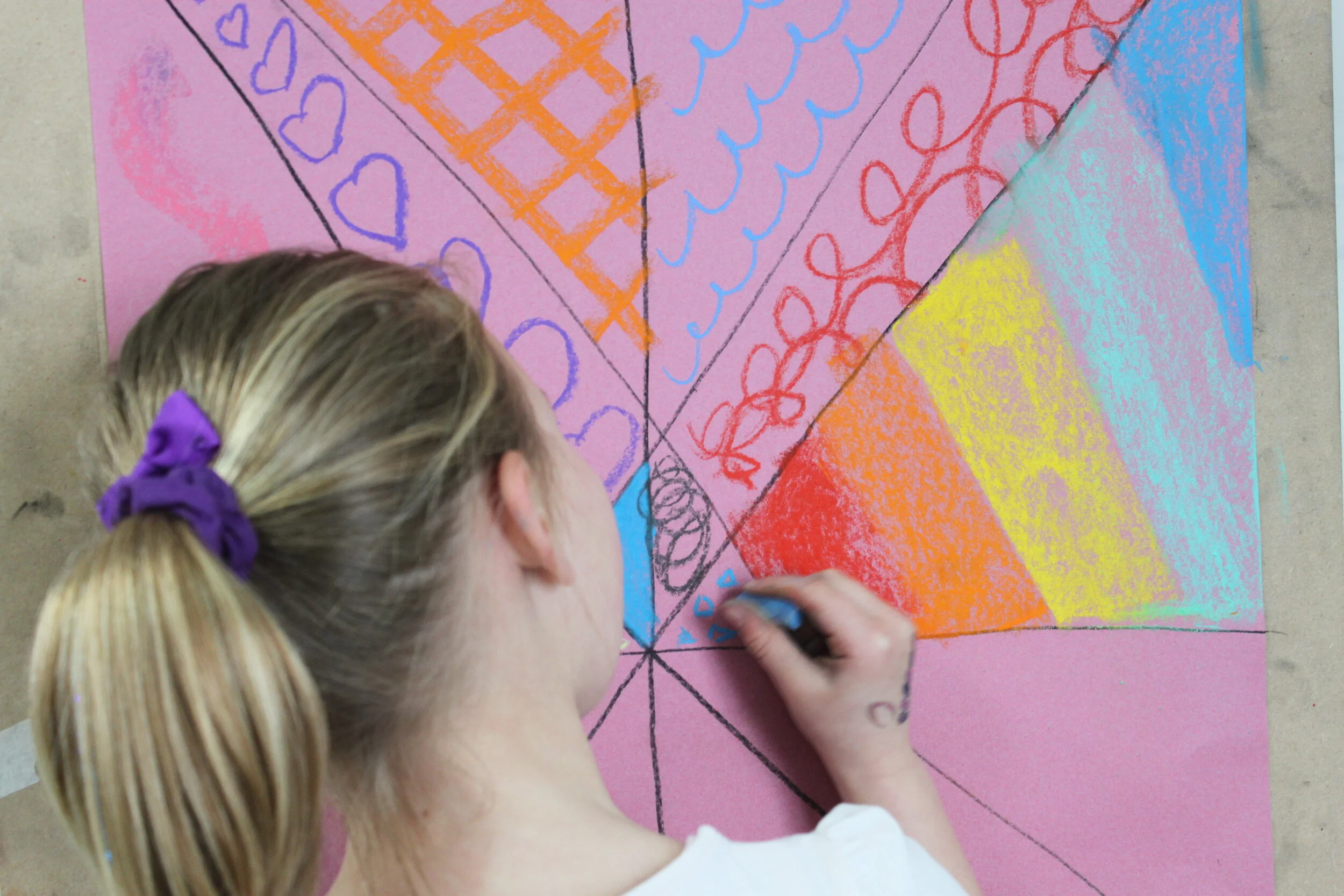Protecting Yourself Against Scams
Episode 36: Sounds too good to be true? It could be a scam!
Peter and Laura chat in this episode about various scams that are rife in the art world, and in the wider arena of small businesses.
This episode was recorded during the COVID-19 pandemic so apologies for any sound difficulties we found during the recording.
It’s a sad truth that all artists are targeted by scammers at some point and those just starting out on their art careers are particularly vulnerable. This week Peter and Laura discuss common scams, how to spot scammers and to how to avoid falling victim yourself.
The Useful Stuff
1. Expect to encounter scams; it’s part and parcel of being a working artist. Scams can involve the admin as well as the creative side of your work. Scams around finances are sophisticated and common, so never take any communication regarding money at face value. This includes tax, grants, bursaries and art residency payments.
2. Scammers are always in a hurry. Beware of any opportunity that has to be taken up immediately or you’ll miss it. Steer clear of sob stories and any payment terms or delivery requirements that are oddly complicated. Remember that scams can include identity fraud and money laundering as well as personal theft.
3. Genuine contacts will be knowledgeable about your art and their requirements, but scammers can be sophisticated too. Bad grammar, spelling and a lack of any specifics make many scams easy to spot, but bear in mind that scammers may latch on to you from a show catalogue, your website or art membership and piggy-back on authentic logos and identities.
4. Always check before you accept orders or sign virtual documents. Never reveal personal details such as national insurance or passport number and never make a payment using bank details supplied by email without confirming them independently first. Never supply work to a customer without full payment in advance.
5. Never be afraid to ask for more information and do your own checking. It’s good business practice to pause and check your facts before proceeding with any contact, however amazing the offer. Most scammers melt away as soon as you start checking up. Genuine contacts will respect your interest and care. Remember scammers can appear in person too, so be very wary of anyone hustling for trade prices or samples at a show.
6. Trust your gut. If you take the time to listen to it, it’s usually right!
The Take Away
Always take time to think things through and remember the truth of that old adage ‘if it sounds too good to be true, it is too good to be true’.






